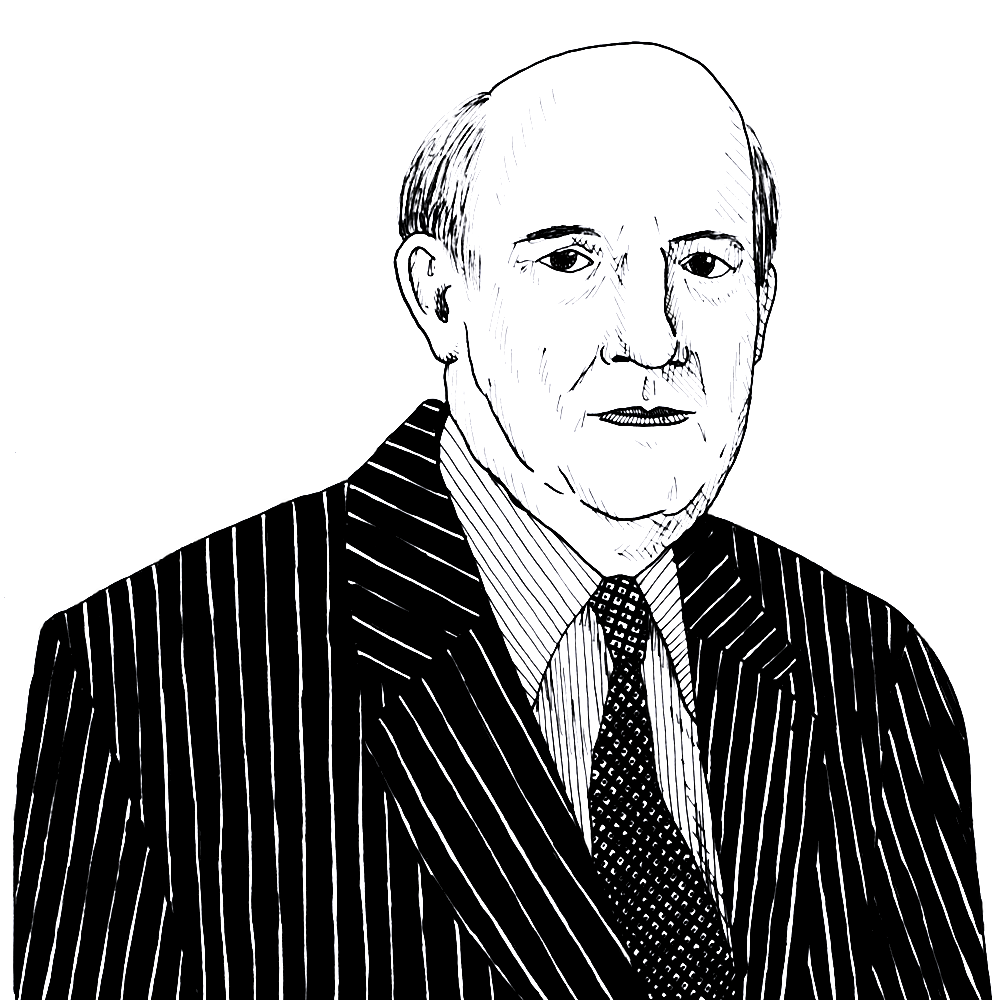
Charles Murray on the pursuit of happiness (1988)
Found in: In Pursuit: Of Happiness and Good Government
The American policy analyst Charles Murray cogently observes that people do not need to be taught how to pursue happiness since they do this naturally and spontaneously, “unless impeded”:
Politics & Liberty
No one has to teach people how to pursue happiness. Unless impeded, people form communities that allow them to get the most satisfaction from the material resources they have. Unless impeded, they enforce norms of safety that they find adequate. Unless impeded, they develop norms of self-respect that are satisfying and realistic for the members of that community. Unless impeded, people engage in activities that they find to be intrinsically rewarding, and they know (without being taught) how to invest uninteresting activities with intrinsic rewards.